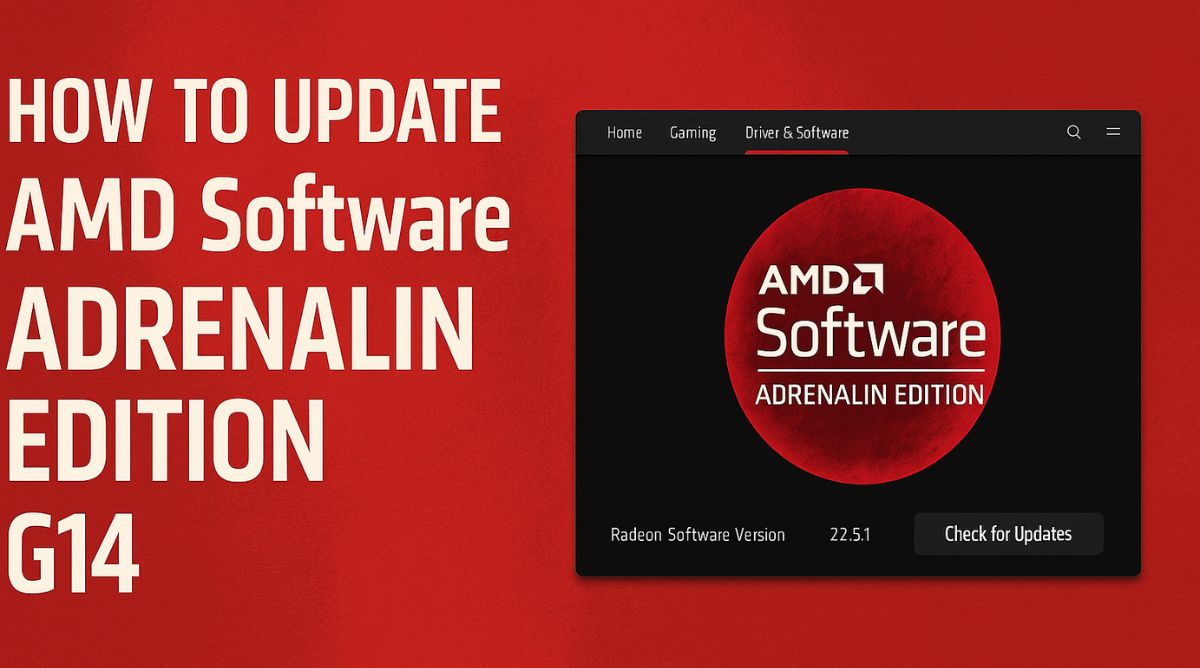Introduction to NHibernate and Unity
NHibernate is a robust object-relational mapping (ORM) framework for the .NET platform, facilitating the mapping of object-oriented domain models to relational databases. It streamlines data persistence tasks, allowing developers to focus on business logic.
Unity, on the other hand, is a widely used game development engine that supports the creation of 2D, 3D, augmented reality (AR), and virtual reality (VR) experiences. While Unity primarily focuses on game development, it also supports the development of non-game applications, including those that require data persistence.
Benefits of Integrating NHibernate with Unity
Integrating NHibernate with Unity can offer several advantages:
- Simplified Data Management: NHibernate abstracts the complexities of database interactions, allowing developers to work with familiar object-oriented paradigms.
- Enhanced Productivity: By automating repetitive data access tasks, NHibernate enables developers to focus more on core application logic.
- Cross-Platform Compatibility: NHibernate supports multiple database systems, providing flexibility in choosing the appropriate database for the application.
Setting Up NHibernate in Unity
To integrate NHibernate into a Unity project, follow these steps:
- Install NHibernate: Use NuGet or download the NHibernate assemblies from the official website.
- Configure NHibernate: Set up the NHibernate configuration file (
hibernate.cfg.xml) to define database connections and mappings. - Create Mappings: Define mappings between your C# classes and database tables using NHibernate’s mapping files or Fluent NHibernate.
- Initialize NHibernate: Initialize the NHibernate session factory in your Unity project to manage database sessions.
Considerations for Using NHibernate with Unity
While integrating NHibernate with Unity offers numerous benefits, it’s important to consider the following:
- Performance: Ensure that the overhead introduced by NHibernate does not adversely affect the performance of your application, especially in resource-intensive scenarios.
- Compatibility: Verify that the version of NHibernate you are using is compatible with the version of Unity in your project.
- Learning Curve: Familiarize yourself with NHibernate’s concepts and configurations to effectively utilize its features.
Conclusion
Integrating NHibernate with Unity can significantly enhance data management capabilities in your applications. By leveraging NHibernate’s ORM features, developers can achieve efficient and maintainable data access layers, leading to more robust and scalable applications.



